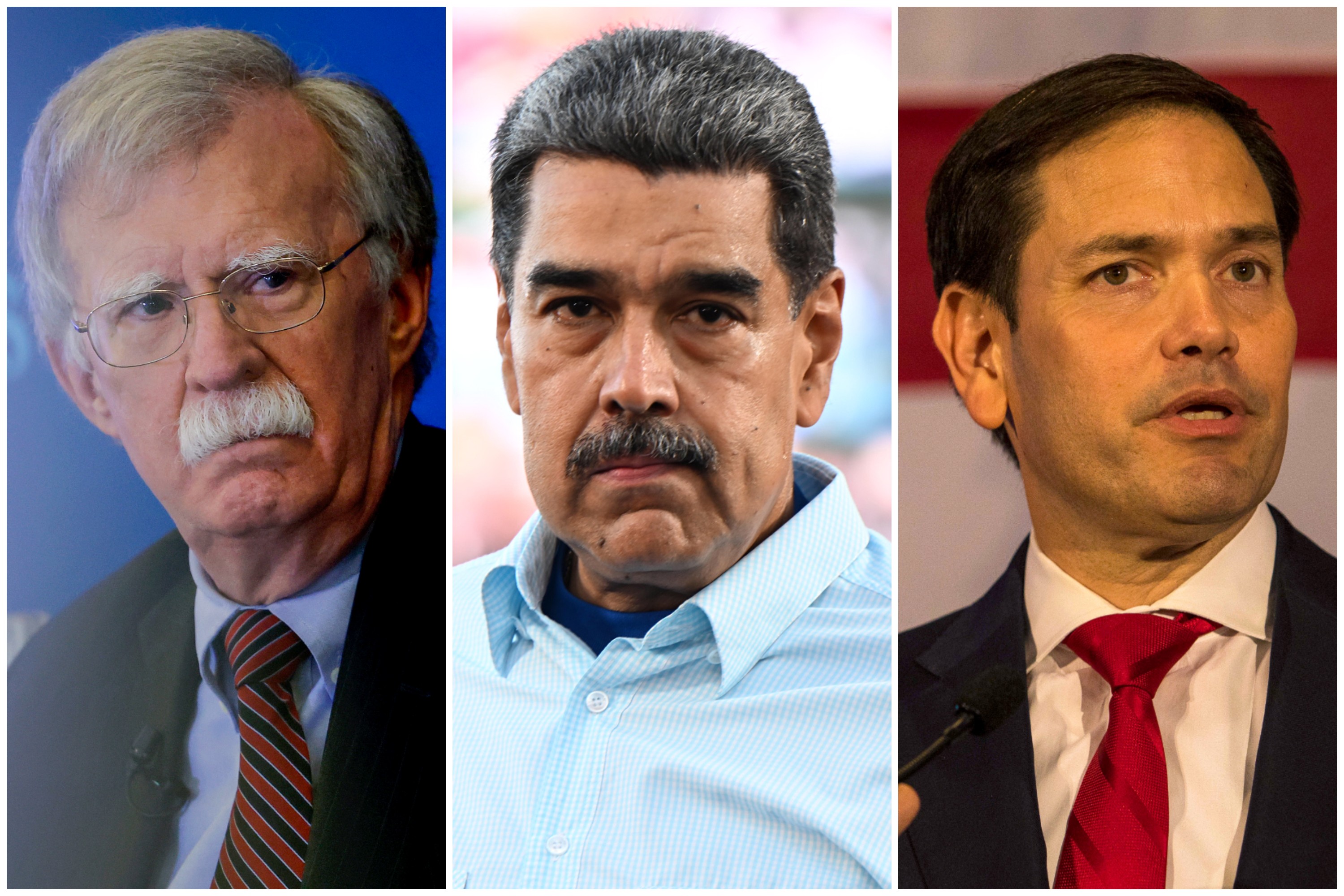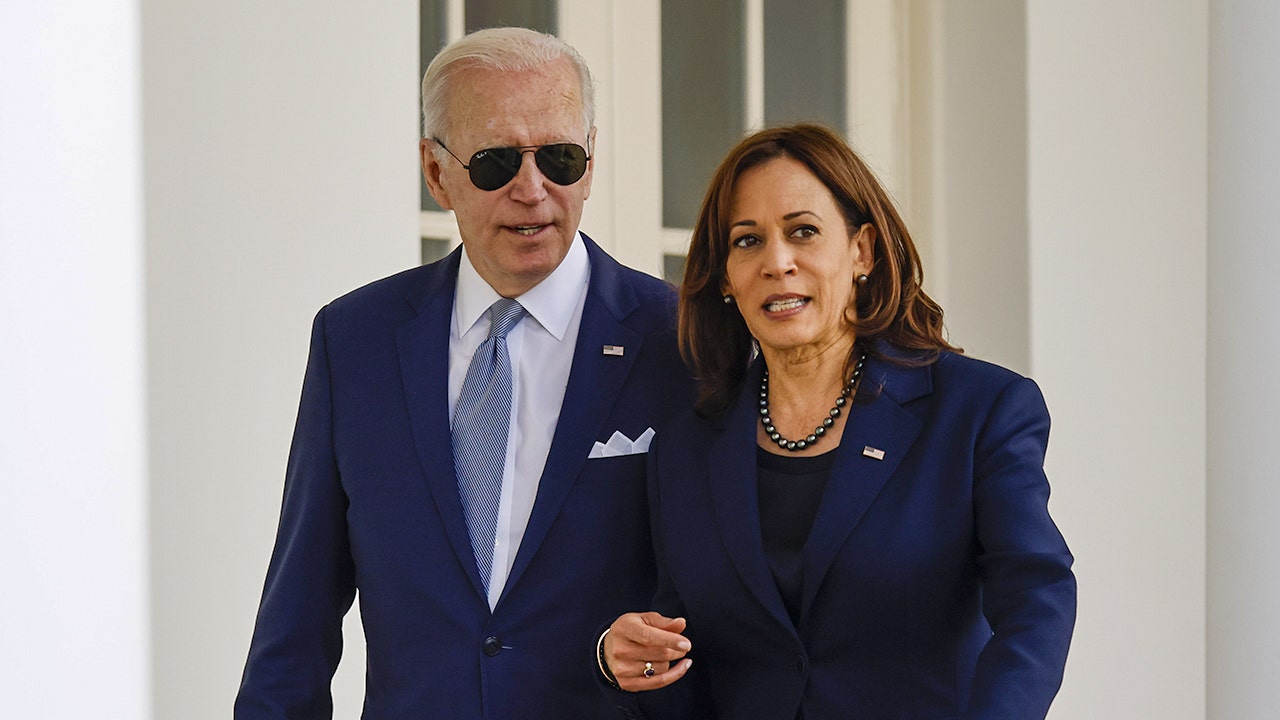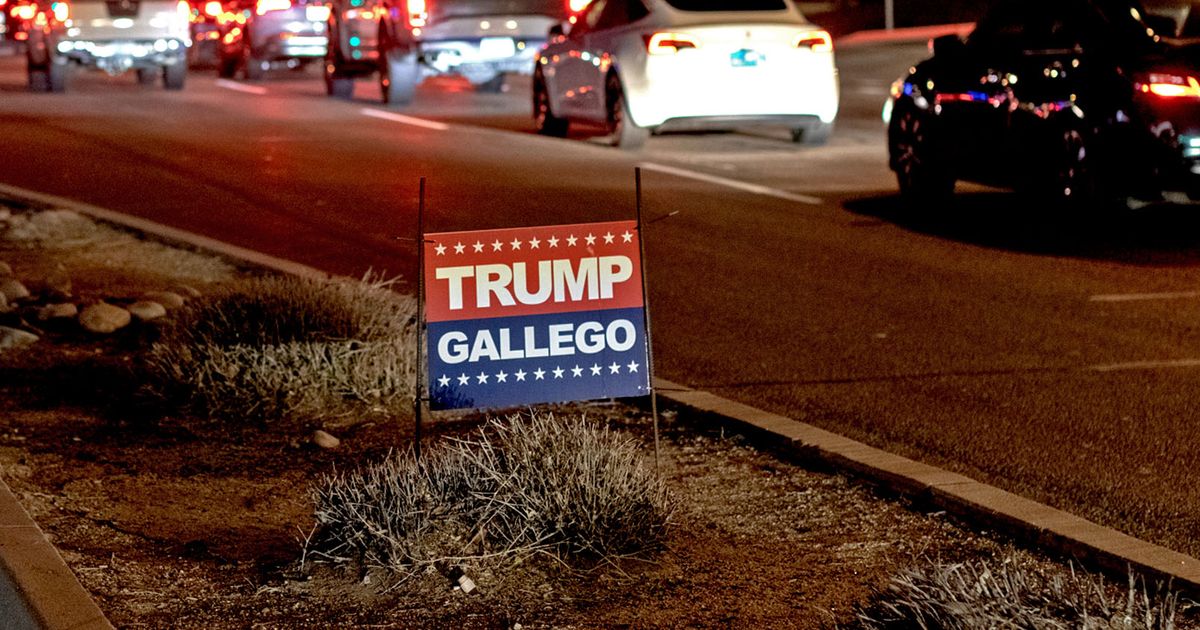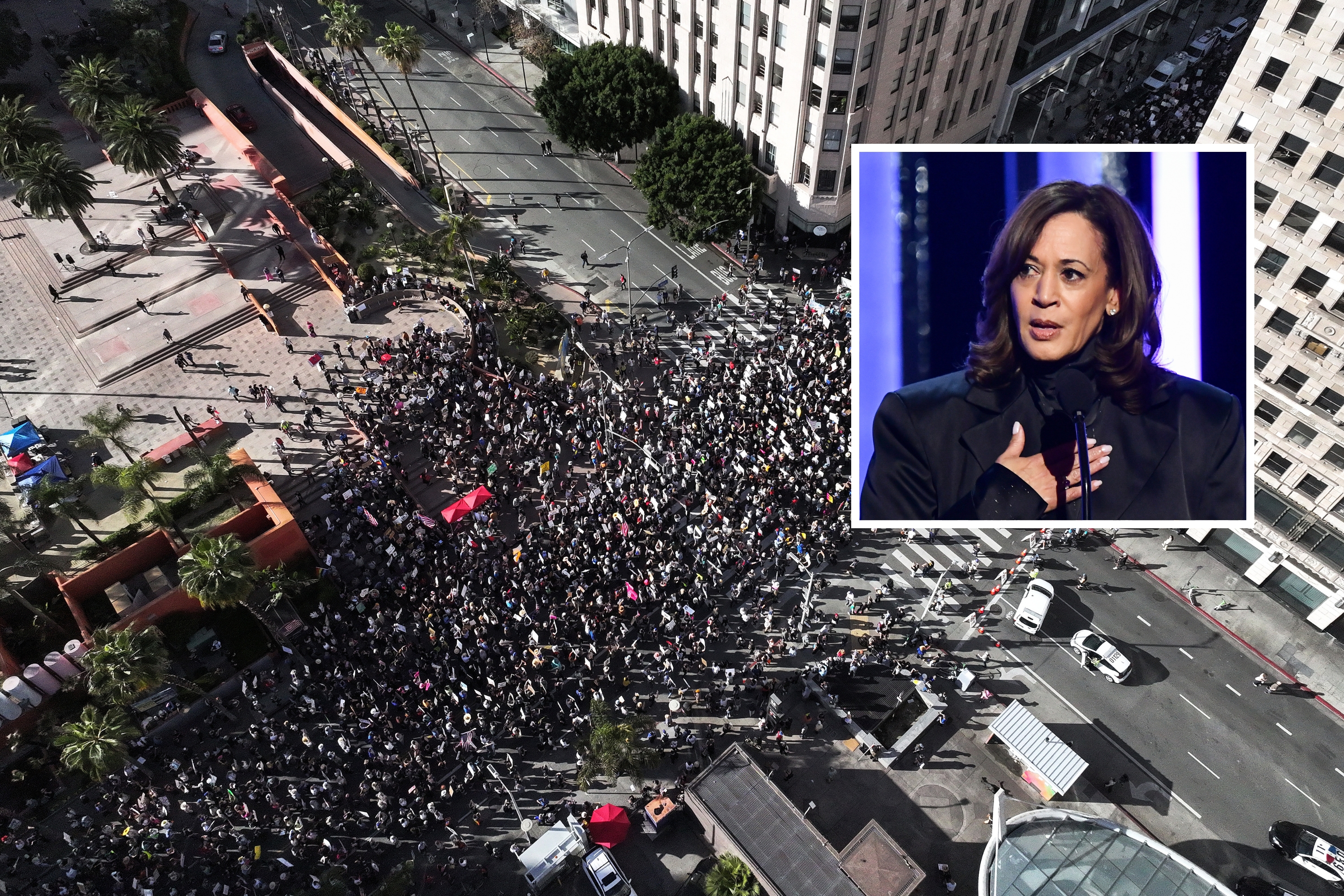As Nicolás Maduro is sworn in for his controversial third-term inauguration in Venezuela on Friday, former National Security Adviser John Bolton is emphasizing the need for U.S. policymakers, particularly incoming Secretary of State Marco Rubio, to maintain a vigilant stance against the Venezuelan leader accused of stealing the most recent election.
Bolton, a national-security hawk who played a key role in shaping U.S. policy towards Venezuela during the Trump administration, reflected on the failed attempts to overthrow Maduro and compared the current political landscape to the challenges faced in 2019.
“One piece of advice I would give to Rubio is to ensure that Maduro does not believe he has won,” Bolton said in an interview with Newsweek, emphasizing the importance of maintaining pressure on the regime.
“When the opposition loses momentum, it gives dictators like Maduro the opportunity to strengthen their grip.”
Getty Images
Why It Matters
Venezuela is set to hold its inauguration on Friday, officially swearing in the strongman ruler Maduro for a third term.
Maduro is widely believed to have lost last year’s election by a landslide to Edmundo Gonzalez Urrutia, a retired diplomat who was named the opposition’s presidential candidate after the movement’s leader María Corina Machado was barred from running.
The United States and other nations claim the vote was stolen, but Maduro has refused to back down, relying on security forces to suppress dissent and arrest opponents. Since the election, the government has detained over 2,000 people, including around 10 Americans and other foreigners, accusing them of plotting to overthrow Maduro and further destabilize the oil-rich nation.
Now, Maduro is poised to take the oath of office even as opposition challenger Gonzalez Urrutia, who claims to have rightfully won the election, vows to return from exile to be present at the inauguration. His plans hinge on reaching Venezuela’s shores, evading the $100,000 bounty on his head, and persuading Maduro to step aside.
What To Know
The first Trump administration’s hardline approach to Venezuela, led by Bolton and Marco Rubio in his role as senator, focused on a bold plan to remove Maduro. The strategy relied on encouraging military defections and elevating Juan Guaidó, a little-known opposition leader, as the face of the resistance.
Despite high hopes, the effort failed, illustrating Maduro’s iron grip on power and the limits of U.S. influence in Latin America.
“We were increasing sanctions and applying pressure effectively,” Bolton said. “But over time, the regime solidified, particularly after the failed coup in 2019. The momentum faltered, and everything unraveled.”
Bolton’s reflections on Trump’s approach to Venezuela reveals a striking paradox. While Trump loudly condemned Maduro in public, his private attention to the issue was far less consistent. “Trump admired strongmen,” Bolton said. “In some ways, he liked Maduro. But his focus on the matter was fleeting, almost distracted.”
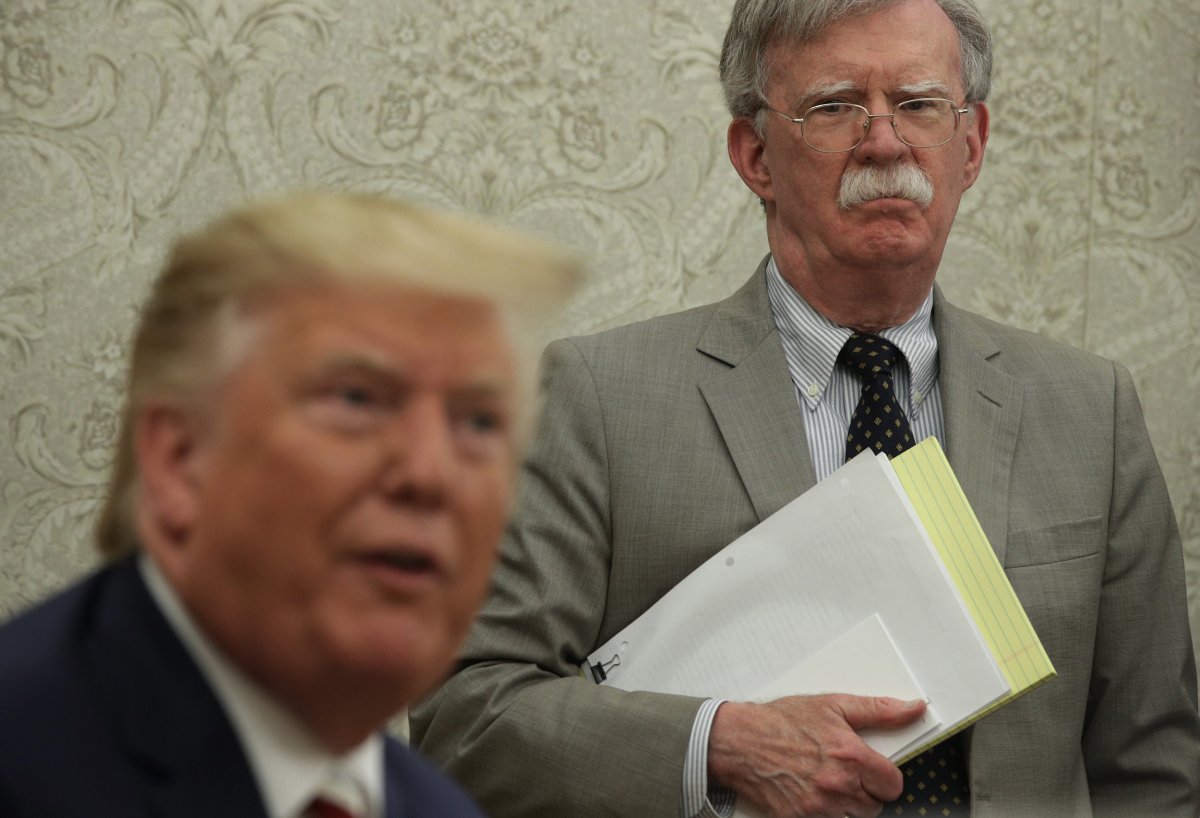
Alex Wong/Getty Images
Recalling an instance when Guaidó’s wife, Rafaela Rosales, attended a meeting with Trump in 2019, Bolton said the then-president’s priorities were on display. “The first thing Trump commented on was that she wasn’t wearing a wedding ring,” he said. “It was emblematic of his broader disengagement from the substance of the issue.”
Bolton also revisited the failed 2019 effort to oust Maduro, an operation that centered on leveraging defections within the Venezuelan military. “The opposition believed they had generals ready to switch sides,” he said. “But they miscalculated” and the effort “fell apart.”
Trump’s Venezuela Policy Depends on Rubio
Bolton has been a harsh critic of the Biden administration’s approach to Caracas, particularly its decision to lift sanctions on Venezuela. He argues that this move has weakened U.S. leverage over Maduro’s socialist regime.
“The basic political dilemma remains unchanged: Maduro did not win the election he claims to have won. The pressing question is whether we will allow him to steal a second election in a row, further crippling Venezuela’s economy while increasing foreign influence from Russia, China and Cuba,” Bolton said.
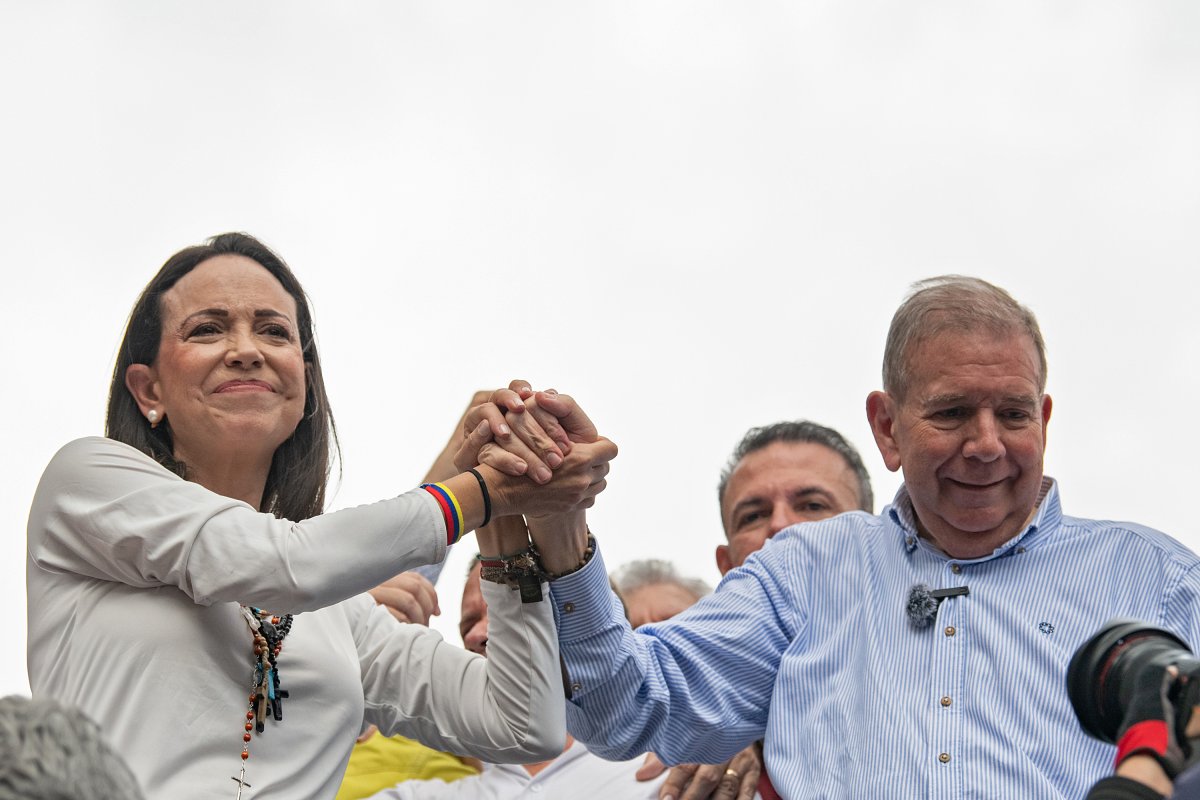
Alfredo Lasry R/Getty Images
He believes the strategy to counter Maduro will largely depend on Senator Marco Rubio, a steadfast critic of the Venezuelan leader. Rubio must also maintain strong support from Venezuelan and Cuban exiles in Florida—an influential bloc crucial for his political clout and future electoral ambitions.
“Rubio understands the importance of engaging the Venezuelan people and ensuring the issue remains a priority on the global stage,” Bolton said.
“Trump, on the other hand, lacked the focus needed to see the strategy through. His attention was difficult to hold on any single issue. The Treasury Department resisted enforcing strict sanctions, and Trump would quickly lose interest. After I left in September 2019, the sanctions weren’t rigorously applied, giving Maduro’s regime the lifeline it needed to endure.”
What People Are Saying
Edmundo Gonzalez, Venezuelan opposition leader, told Politico: “The people are fed up and tired of the regime. A transition is inevitable, and as far as the opposition’s role goes, it will be peaceful.”
The White House, following Biden’s meeting with Gonzalez on Monday, in a statement: “President Biden reiterated his support for Venezuela’s democratic aspirations and underscored the U.S. commitment to holding Maduro and his representatives accountable for their anti-democratic and repressive actions. This includes working closely with democratic allies across the hemisphere and around the world.”
What Happens Next
Maduro’s inauguration for a third term as Venezuela’s president has drawn support from U.S. adversaries like Russia, China, Iran and Cuba, which are expected to send representatives to the ceremony. Meanwhile, the U.S., Argentina, and Uruguay have recognized González Urrutia, the opposition leader, as the legitimate president-elect, further isolating Maduro on the international stage.
In Caracas, opposition groups are expected to organize protests across the country, while government-backed rallies will dominate the streets with pro-Maduro supporters, including state employees and militia members mobilized to display loyalty.





